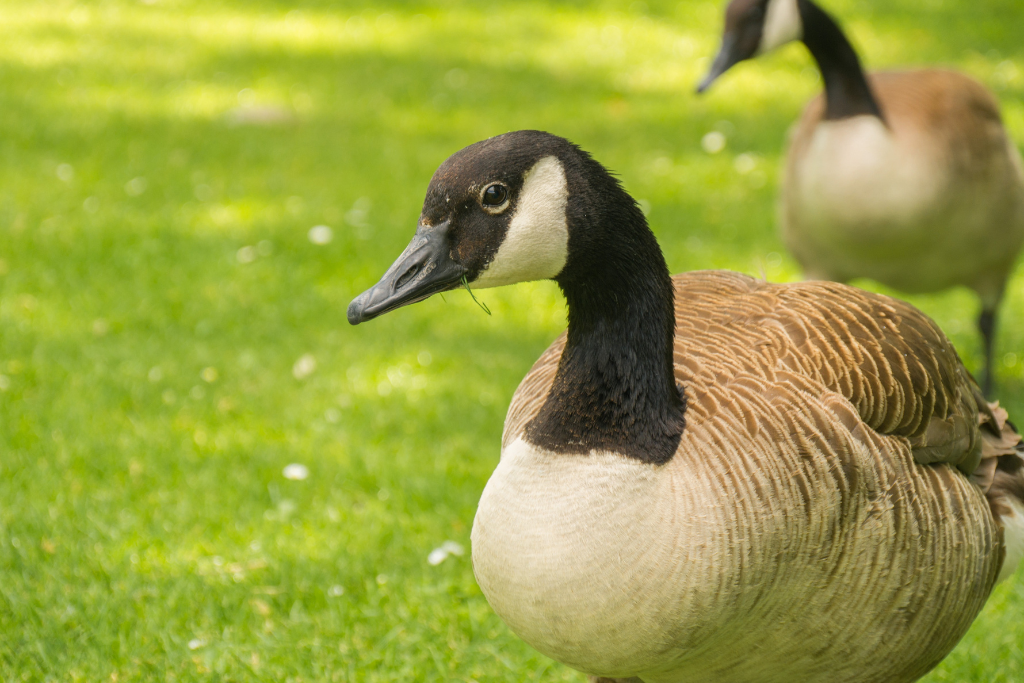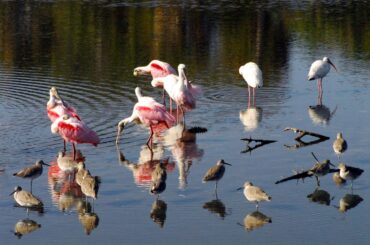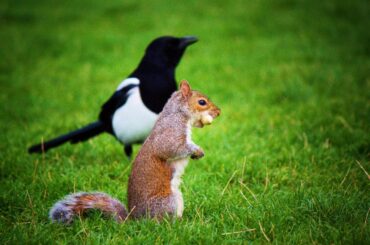Geese are fascinating creatures that captivate the attention of many nature enthusiasts. How many years can these graceful birds spend on Earth? What factors influence their lifespan? What are some remarkable aspects of their lives?
Did you know that geese can live for an impressively long time? Geese can live for up to 20 years or even longer. These species are really good at adapting to different places, like cities and wetlands.
Once they find a mate, they usually stay together forever. Geese are known for their amazing teamwork and big flocks. They travel long distances when they migrate, sometimes thousands of miles, to find the right places to have babies and get food.
Geese are special animals that we should appreciate and take care of because they play an important role in our environment. Let’s go and learn more about these magnificent creatures.
Goose Lifespan: Exploring the Average Lifespan
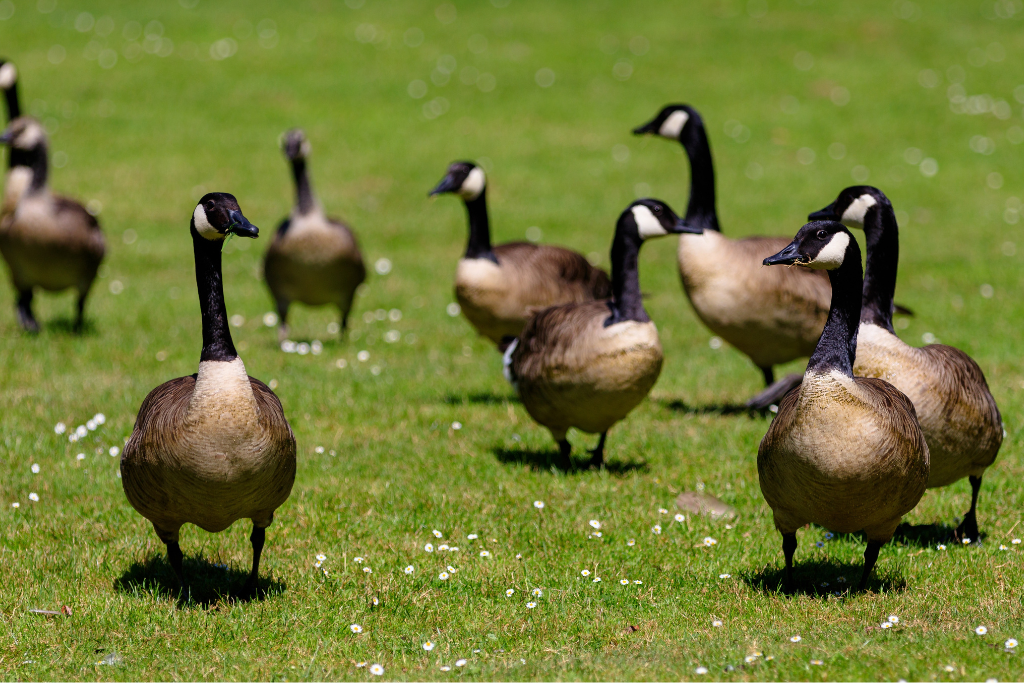
Geese are fascinating birds that are an integral part of our natural environment. They belong to the family Anatidae, which also includes ducks and swans. Geese are known for their distinct honking sounds, graceful flight, and V-shaped formations during migration.
Geese can live up to 20 years, but there are some species that reach their mid-30s. Their lifespan can be influenced by various factors, such as the availability of suitable habitats, access to food, and protection from predators.
Understanding the average lifespan of geese provides us with a deeper appreciation of these remarkable birds and the need to protect their habitats for future generations.
2 Types Goose and Lifespan
Geese come in various types, and their lifespan can differ depending on whether they are domestic or wild. Let us take a look at the differences between the lifespans of domestic and wild geese.
Domestic Goose Lifespan
Domestic geese have been selectively bred for various purposes, such as meat, eggs, or ornaments. Several factors can influence their lifespan:
- Genetic Factors: The genetics of domestic geese can affect their lifespan. Breeding practices to improve certain traits may impact their overall health and longevity.
- Environmental Factors: The habitat, climate, and nutrition provided to domestic geese can significantly impact their lifespan.
- Human Factors: The care provided by humans, including regular health check-ups, proper nutrition, and protection from predators can greatly influence the lifespan of domestic geese.
Wild Goose Lifespan

Wild geese, living freely in their natural habitats and not bred by humans, enjoy longer lifespans than their domestic counterparts. Their ability to thrive and survive in the wild, away from human interference, contributes to their extended lifespan.
In their natural environments, wild geese have to deal with predators and changes in the weather. These factors can affect how long they live. But wild geese are flexible and have the amazing ability to migrate. This lets them find good places to live and food, which helps them live longer.
Unlike domestic geese, wild geese do not rely on humans for their care and nutrition. Instead, they rely on their natural instincts and exceptional foraging skills to survive and flourish in their environment, which contributes to their extended lifespan.
Exceptions to the Average: Oldest Geese on Record
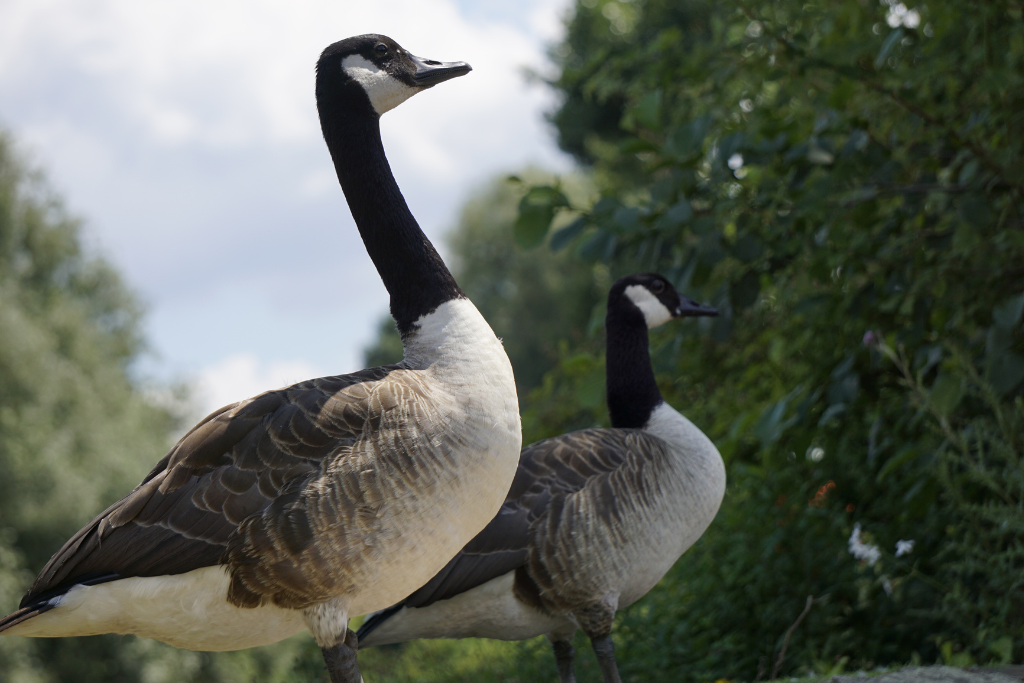
Geese, like any other living beings, have their exceptions to the average lifespan. One notable example is a Canada Goose known as “The Methuselah Goose.”
This exceptional bird lived for a great 33 years, surpassing the typical lifespan for its species. It resided in a protected wildlife area, providing a safe habitat free from human disturbances and predation.
Several factors contributed to the remarkable lifespan of The Methuselah Goose. Firstly, its secure environment ensured minimal exposure to human-induced threats and disturbances.
The availability of suitable food sources and the absence of predators allowed the goose to thrive and reach its old age.
The Methuselah Goose benefited from genetic factors predisposing it to a longer lifespan. Its traits, such as robust health and a strong immune system, likely played a role in its remarkable longevity. It is a noteworthy example of how certain conditions and genetic factors can extend the lifespan of geese.
These exceptional individuals inspire awe and emphasize the importance of preserving habitats and minimizing human impact to ensure the well-being and longevity of these magnificent birds.
Final Thoughts
Conserving these remarkable birds is crucial to understanding and caring for geese. By exploring their lifespan, we gain insights into their unique adaptations and the factors contributing to their well-being. Preserving their habitats, creating suitable environments, and reducing human disturbances are vital.
By developing a deeper appreciation for geese and taking action to protect them, we guarantee that these graceful creatures will continue to enhance our natural landscapes for future generations.
FAQs
Can a Goose Live 40 Years?
No, geese typically have an average lifespan of 20 to 30 years.
Can Geese Live to be 100?
No, geese typically have an average lifespan of 20 to 30 years.
How Old is the Oldest Goose?
The oldest recorded goose lived for 33 years, known as “The Methuselah Goose.”
What Do Geese Do When One Dies?
When a goose dies, the other geese in the flock may exhibit mourning behaviors, such as gathering around the deceased goose or honking in distress.
How Many Eggs Do Geese Lay in a Year?
On average, geese lay around 5 to 12 eggs per breeding season.
Do Geese Migrate Every Year?
Yes, many geese species are known for their annual long-distance migrations to find suitable breeding and feeding grounds.
Are Geese Monogamous?
Yes, geese are generally monogamous birds and form long-term pair bonds with their mates.
What Do Geese Eat?
Geese primarily eat plant material, such as grass, leaves, and grains.
How Fast Can Geese Fly?
Geese can fly at speeds of around 30 to 40 miles per hour during migration.
How Do Geese Communicate?
Geese communicate with each other through various vocalizations, including honking sounds, to convey different messages and maintain social cohesion.

